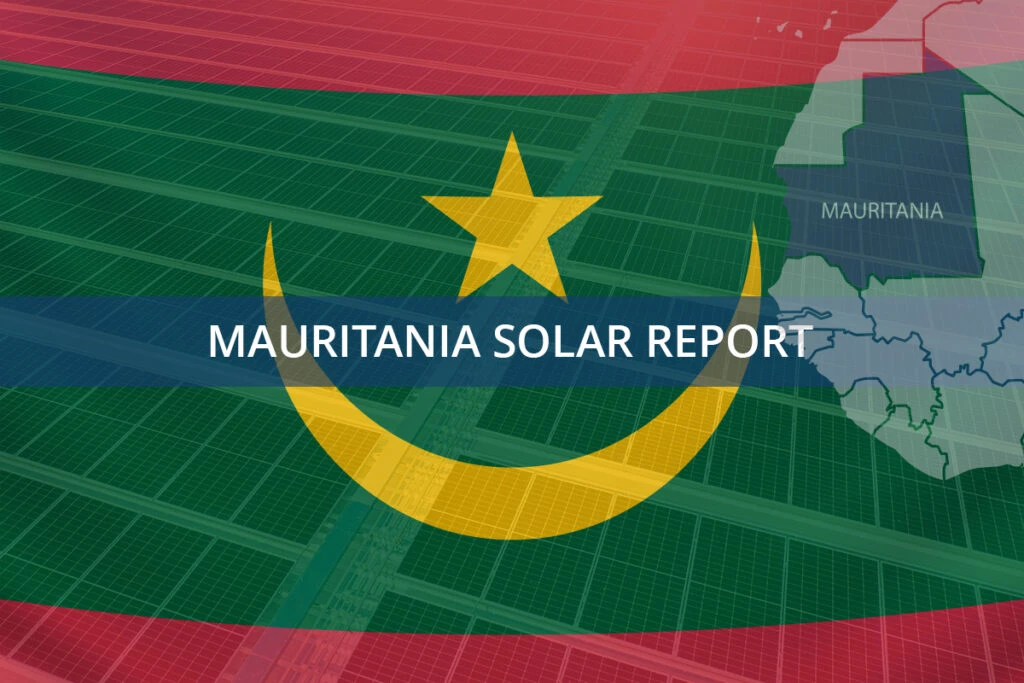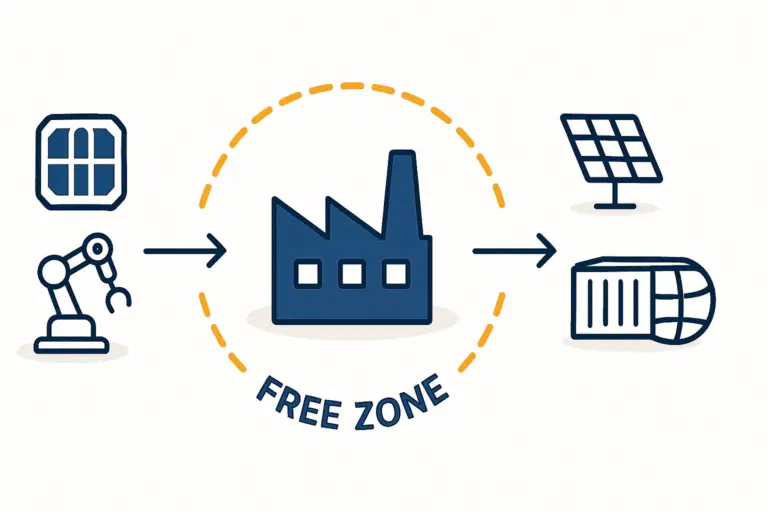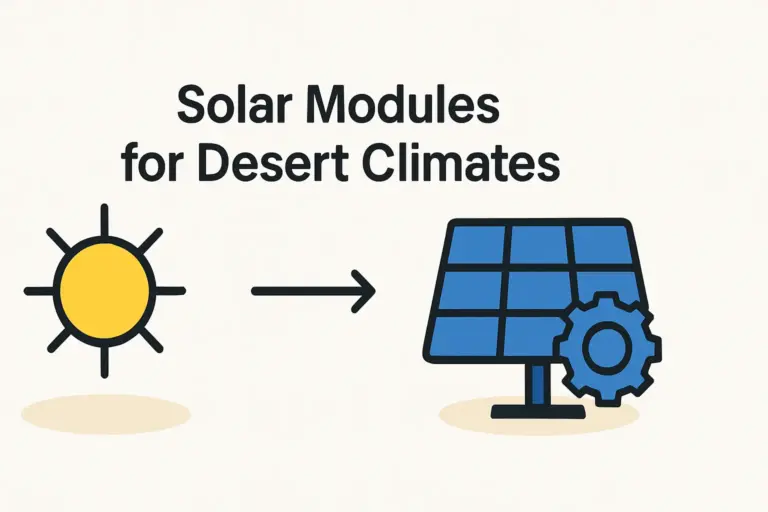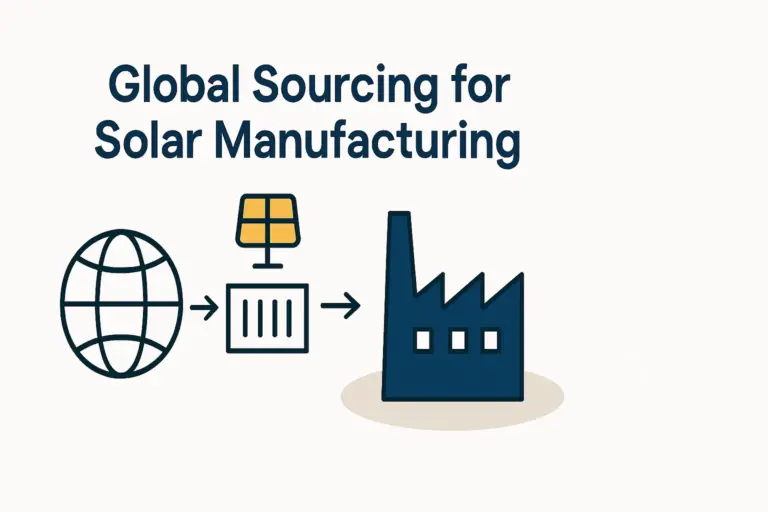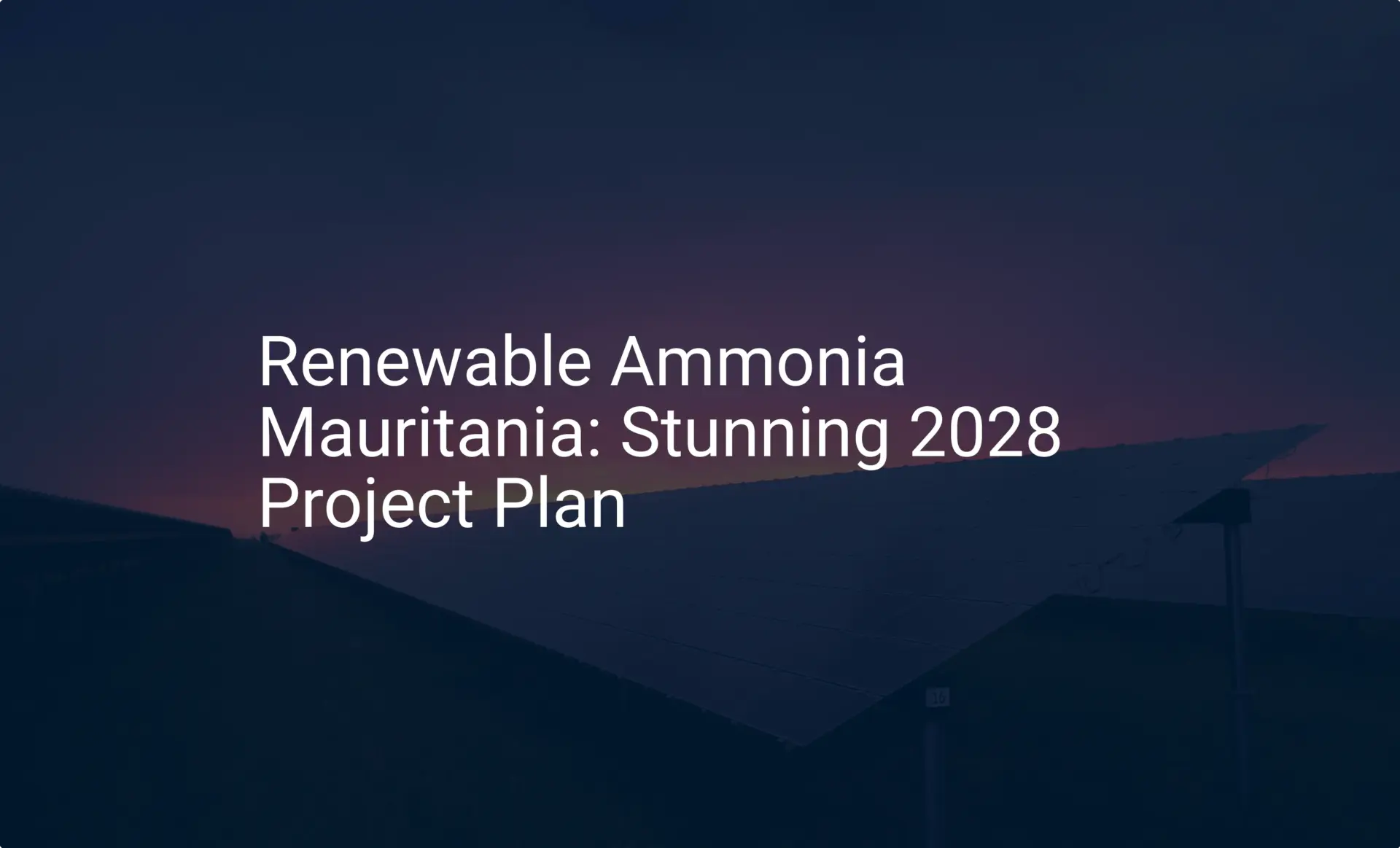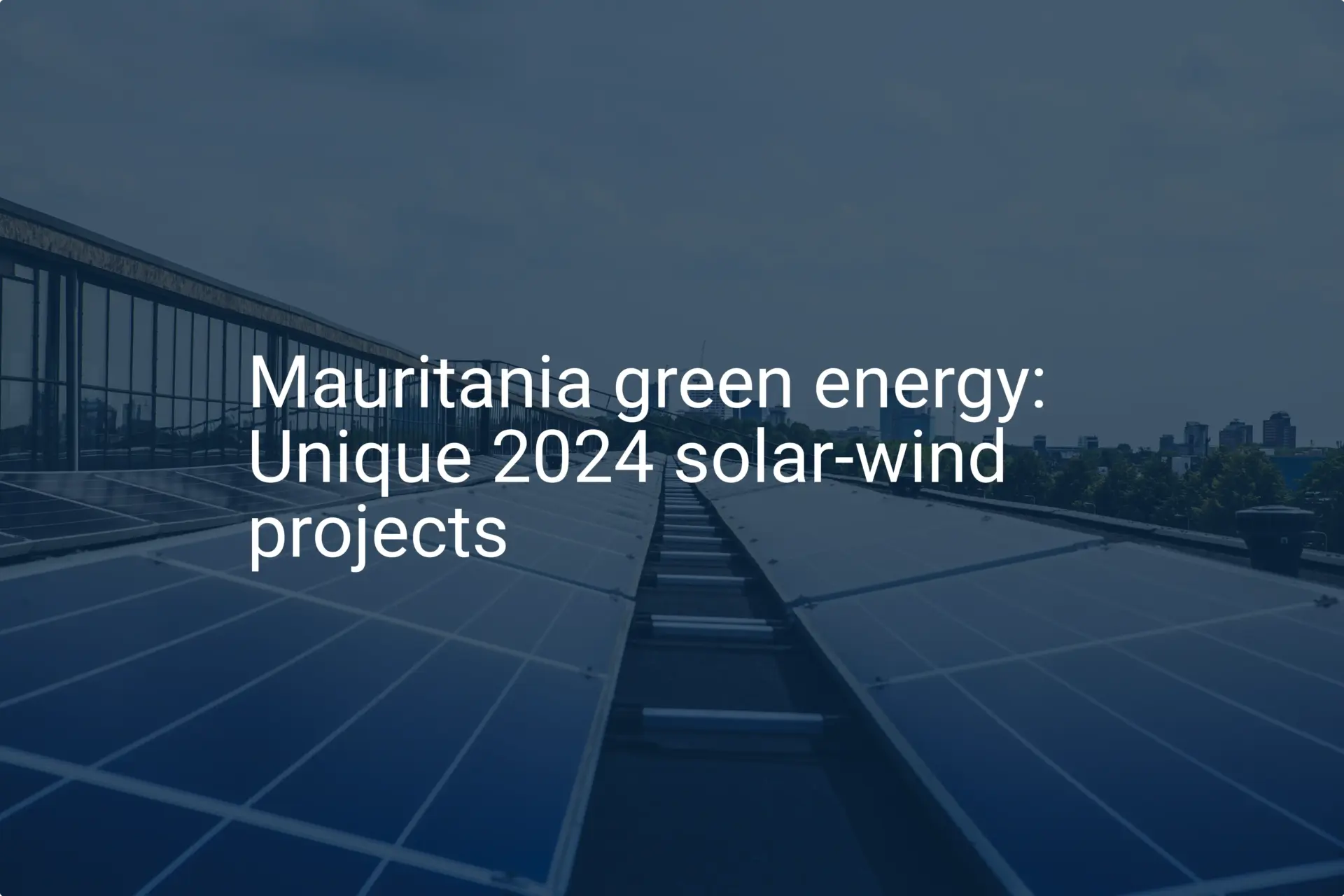International entrepreneurs eyeing West Africa’s vast solar energy potential often face a significant challenge: how to efficiently serve a region of 15 countries, each with its own regulations and market dynamics. Establishing a factory in every nation is impractical, while importing directly from Asia or Europe often incurs high tariffs and logistical hurdles.
This begs a strategic question: Is there a single location that can serve as a manufacturing and export hub for the entire region? The answer, often overlooked yet compelling, lies in Mauritania. Its unique geography and trade agreements offer a powerful solution for accessing the burgeoning solar market of the Economic Community of West African States (ECOWAS).
The Geographic and Economic Fulcrum of West Africa
Mauritania occupies a strategic position, acting as a natural bridge between North Africa and Sub-Saharan West Africa. With a long Atlantic coastline and direct land borders with ECOWAS members Senegal and Mali, it is geographically primed to be a logistical hub for the entire bloc.
This location minimizes shipping distances and transit times to key regional markets like Nigeria, Ghana, Côte d’Ivoire, and Senegal when compared to sourcing modules from other continents. For businesses planning a regional strategy, this geographic advantage translates directly into lower transportation costs and a more resilient supply chain.

Unlocking Market Access Through Favorable Trade Agreements
Perhaps the most significant advantage of manufacturing in Mauritania is preferential access to the ECOWAS market. Although no longer a full member, Mauritania maintains a vital trade agreement with the bloc that grants goods produced there privileged entry into the 15-nation community.
This arrangement is governed by principles similar to the ECOWAS Trade Liberalization Scheme (ETLS), which aims to create a free trade area. For a solar module manufacturer, this offers two critical benefits:
-
Reduced or Eliminated Tariffs: Solar modules manufactured in Mauritania can enter ECOWAS countries with significantly lower, or even zero, import duties compared to modules imported from outside the region, creating an immediate and substantial cost advantage.
-
Simplified Customs Procedures: The agreement helps streamline cross-border trade, reducing the administrative complexity and delays often associated with exporting to multiple West African nations.
By establishing a solar module manufacturing plant in Mauritania, an investor isn’t just building a factory—they are forging a key that unlocks a market of over 400 million people.
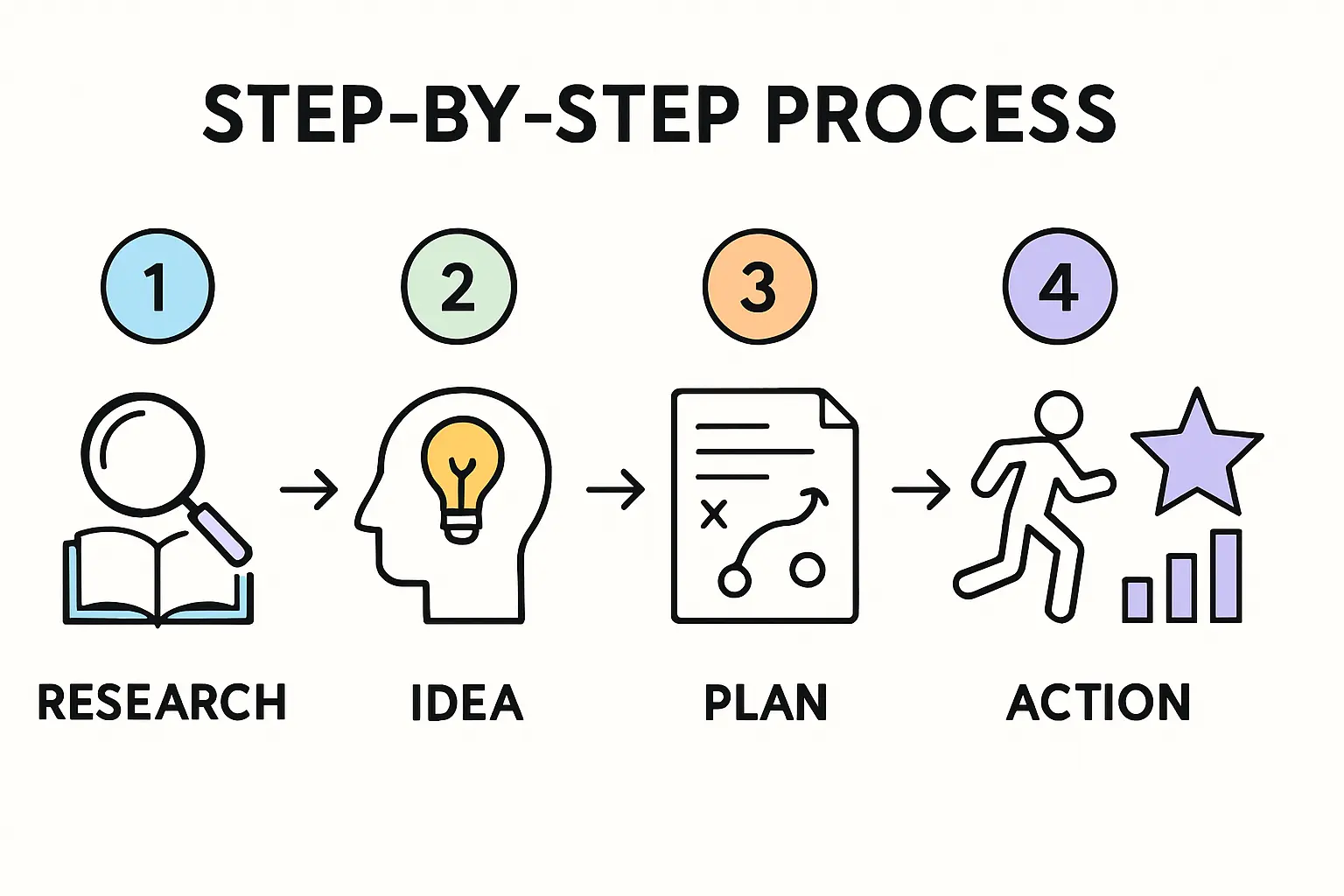
The Business Case for a Mauritanian Export Strategy
Beyond geography and trade policy, several market-driven factors strengthen the case for Mauritania as an export hub.
Tapping into Immense Regional Demand
The demand for reliable energy across West Africa is immense. High solar irradiation levels, rapidly growing economies, and significant electrification gaps have poised the region for a solar revolution. Large-scale initiatives, like the World Bank-backed ‘Desert to Power’ project, aim to generate 10 GW of solar power across the Sahel, further fueling demand for locally and regionally produced components. A Mauritanian factory would be perfectly positioned to supply these ambitious projects.
Meeting Local Content Requirements
Many ECOWAS countries are implementing or considering ‘local content’ policies to encourage domestic industry. These policies often favor bids for large-scale projects that use regionally manufactured goods. Solar modules produced in Mauritania can help project developers meet these requirements, giving them a decisive competitive edge over international suppliers. This is a crucial consideration often overlooked by investors focused purely on production costs.
Leveraging Logistical Infrastructure
Mauritania’s Port of Nouakchott is a modern, deep-water port capable of handling significant container traffic. It serves as an efficient gateway for shipping finished solar modules to other ports along the West African coast. These relatively short sea routes reduce shipping costs and the risk of transit damage, ensuring products arrive safely and economically. Proper planning of the investment requirements for such an operation must account for both production and export logistics from the outset.

Practical Considerations for Implementation
Of course, establishing a manufacturing base in any new market requires careful planning. Drawing on experience from J.v.G. turnkey projects in emerging markets, successful investors focus on several key areas.
The Mauritanian government is actively seeking to attract foreign investment, particularly in the renewable energy sector. Special economic zones, like the Nouadhibou Free Zone, offer fiscal incentives, tax exemptions, and streamlined administrative procedures that can significantly reduce project risk.
A well-structured plan for a turnkey production line can be adapted to local conditions, ensuring the facility is optimized for an export-oriented business model from day one. This includes planning for raw material sourcing, workforce training, and quality assurance protocols that meet international standards.
Frequently Asked Questions (FAQ)
What are the main benefits of the Mauritania-ECOWAS trade agreement for a solar manufacturer?
The agreement offers both financial and operational benefits. Preferential tariff treatment reduces the final cost of your modules in the target ECOWAS market, making them more competitive. At the same time, simplified customs clearance reduces logistical friction and speeds up delivery times.
How does producing in Mauritania address supply chain risks?
A Mauritanian base diversifies the supply chain away from traditional manufacturing hubs in Asia. It creates a regional supply source that is less susceptible to global shipping disruptions and can respond more quickly to fluctuations in regional demand.
What size of factory is appropriate for this export-oriented model?
For an entrepreneur entering the market with an export-focused strategy, a semi-automated line with an annual capacity of 20 MW to 50 MW is a practical starting point. This size allows for scalable production to serve several regional markets without requiring the massive capital outlay of a gigawatt-scale factory.
Does Mauritania have the necessary infrastructure to support a solar factory?
While infrastructure can be a challenge in any developing market, Mauritania has made significant investments in its port facilities and key transport corridors. The government’s focus on developing the renewable energy sector also means there is institutional support for projects that require reliable power and logistics. A thorough site selection process is, of course, essential.
Conclusion: A Calculated Strategy for Regional Dominance
Viewing Mauritania not as a single market but as a strategic manufacturing gateway to the entire ECOWAS region reframes the investment opportunity. It transforms the complex challenge of serving 15 separate markets into a manageable, hub-and-spoke operation.
By leveraging Mauritania’s unique combination of geographic proximity, preferential trade access, and growing logistical capabilities, entrepreneurs can build a formidable competitive advantage. This approach allows a business to compete effectively on price, meet regional content requirements, and build a resilient supply chain—all from a single, stable production base. For the discerning investor, it represents a calculated and powerful strategy for long-term success in the West African solar industry.

